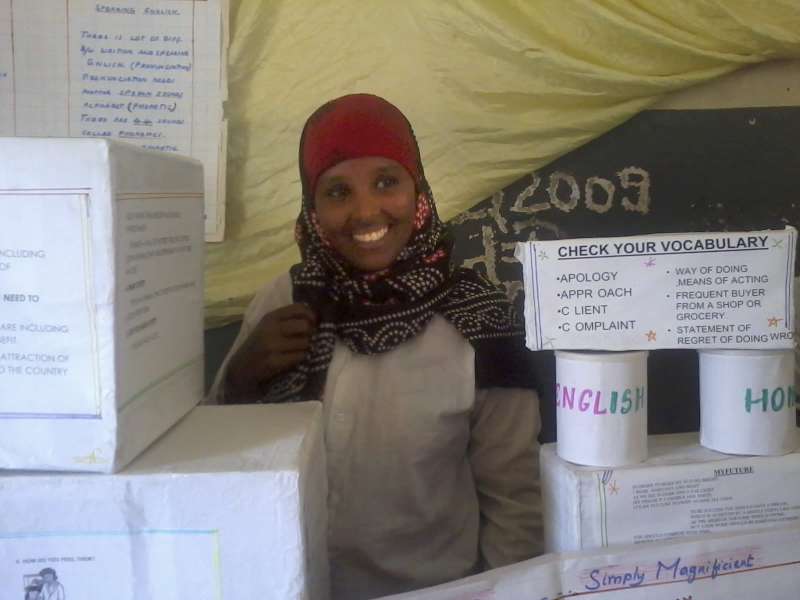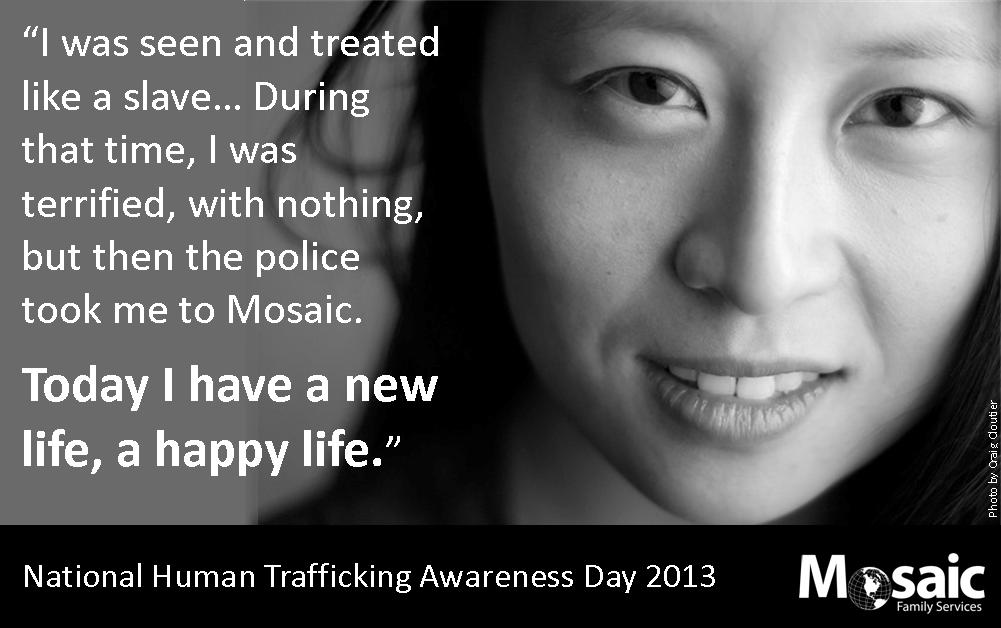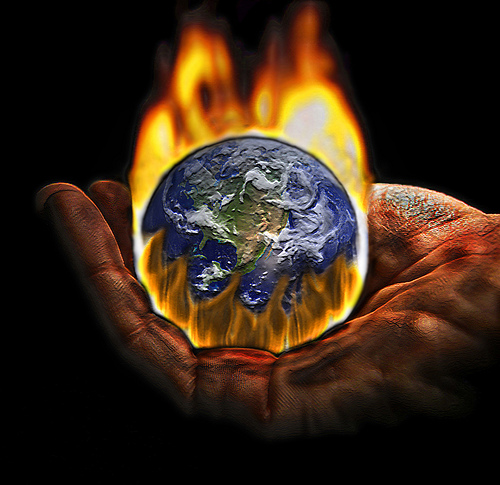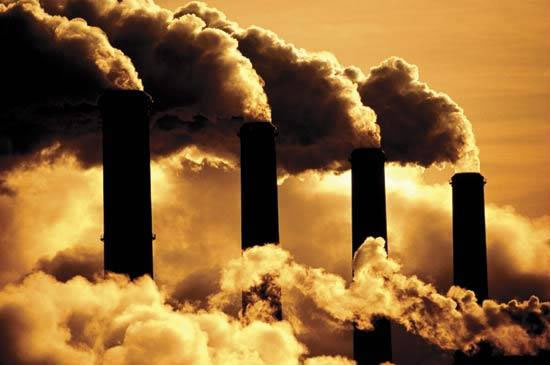 According to EFA, like food and shelter, education is a right for all people. An article in the Universal Declaration of Human Rights of 1948 states that everyone has the right to education. Education opens the door to opportunities and freedoms in one's life.
According to EFA, like food and shelter, education is a right for all people. An article in the Universal Declaration of Human Rights of 1948 states that everyone has the right to education. Education opens the door to opportunities and freedoms in one's life.In many developing countries, children are unable to attend school or have access to education due to many reasons. Females, especially, usually do not have an education because families tend to believe that males are dominant and that females should work at homes. One of the reasons many children are unable to have an education would include not being able to afford an education. Help around the house is needed in poor families. They need all the helping hands they could get to earn money just for survival. In their opinion, education is not of utmost priority. Additionally, time is an obstacle. Having to spend countless hours working, many children cannot find the time to go to school. Even when they do have time, oftentimes, the school is far away, and the children have to walk a distance to reach it.
Education is very important. There are many positive effects to education. Education can beat poverty. With basic reading skills, people can find better paying jobs and be lifted out of poverty. Promoting gender equality, education allows woman to reach their potential next to men. The knowledge about health that education provides would reduce child mortality rates and fight preventable diseases. Lack of education can lead to higher rates of unemployment, low income, and even poverty. It also leads to the lack of knowledge about health and other important aspects in life.
 Somali refugee Hali Shukri always had a passion for education. Her desire to learn English brought her to a refugee camp in Massawa, Eritrea where over 3,000 Somalis live. Before, she could hardly speak and write English. Now, she is somewhat fluent in that language and can write it. Hali says, "I wouldn't want to be doing anything right now, other than studying." Currently, she uses her new skills to work part-time as a Somali-English translator. Her dream is to study at a university and to become a doctor.
Somali refugee Hali Shukri always had a passion for education. Her desire to learn English brought her to a refugee camp in Massawa, Eritrea where over 3,000 Somalis live. Before, she could hardly speak and write English. Now, she is somewhat fluent in that language and can write it. Hali says, "I wouldn't want to be doing anything right now, other than studying." Currently, she uses her new skills to work part-time as a Somali-English translator. Her dream is to study at a university and to become a doctor.Ecclesiastes 7:12 - For the protection of wisdom is like the protection of money, and the advantage of knowledge is that wisdom preserves the life of him who has it.
Sites Used:
http://www.un.org/en/globalissues/briefingpapers/efa/
http://www.bmz.de/en/what_we_do/issues/Education/hintergrund/bildungsituation/
http://www.ssireview.org/articles/entry/redefining_education_in_the_developing_world
http://www.unhcr.org/51d17c749.html











